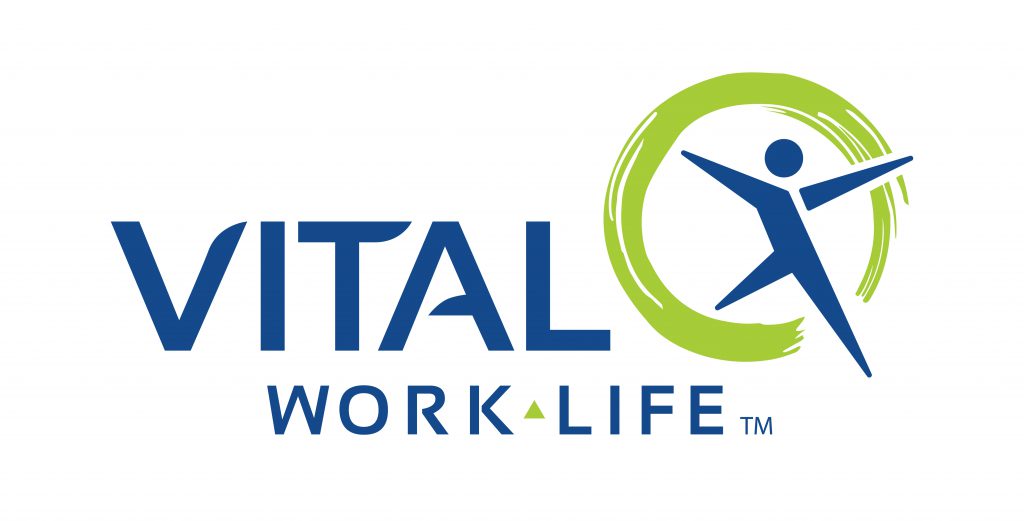Healthcare is approaching a tipping point as burnout and dissatisfaction with work-life integration in healthcare workers continue to increase. Addressing work-life integration issues is crucial, as poor work-life integration has been linked to higher levels of burnout and patient safety risk, according to original research published in BMJ Quality & Safety.
Cross-sectional survey study was completed in 2016 and included more than 10,600 healthcare workers across 440 work settings within seven entities of a large academic healthcare system. Researchers created a work-life climate scale to assess the frequency of behaviors such as skipping meals, taking breaks and changing personal plans for work among healthcare professionals.
The study found that work-life climate was strongly associated with personal burnout and burnout climate, which describes how often professionals see signs of emotional exhaustion in their colleagues.
“Burnout has implications for patients, the individual healthcare worker and their families, and is linked to lower perceptions of safety culture, increased medical errors and lower quality care,” according to the study. “Targeting [work-life integration] behaviors may provide tangible interventions at the work setting level that reduce burnout.”
In addition to lower burnout, quartile analyses of the results revealed higher work-life climate scores were associated with better teamwork and patient safety norms, better leadership and increased readiness for quality improvement.
“Improving this climate should be a strategic priority for leaders interested in building capacity and resilience in their workforce,” wrote the study authors. “Improving [work-life integration] is likely to improve healthcare worker’s quality of life, organizational outcomes and, ultimately, quality of care for patients.”
—Adapted from “Work-life balance behaviours cluster in work settings and relate to burnout and safety culture: a cross-sectional survey analysis,” by Stephanie P. Schwartz, Kathryn C. Adair, Jonathan Bae, et al., BMJ Quality & Safety, Oct. 11, 2018.











